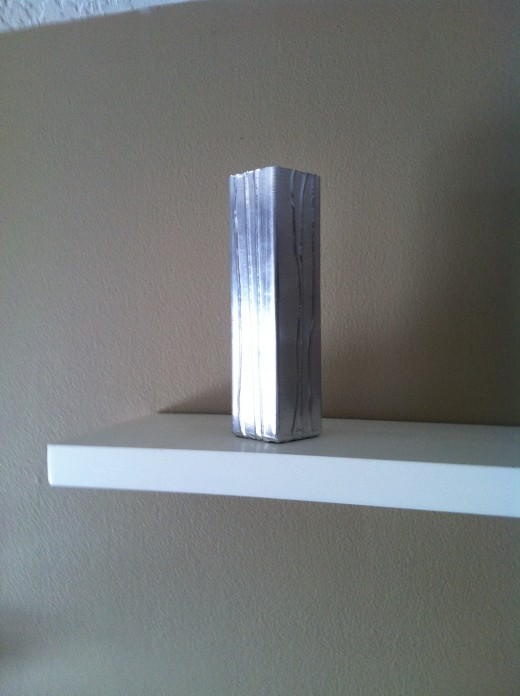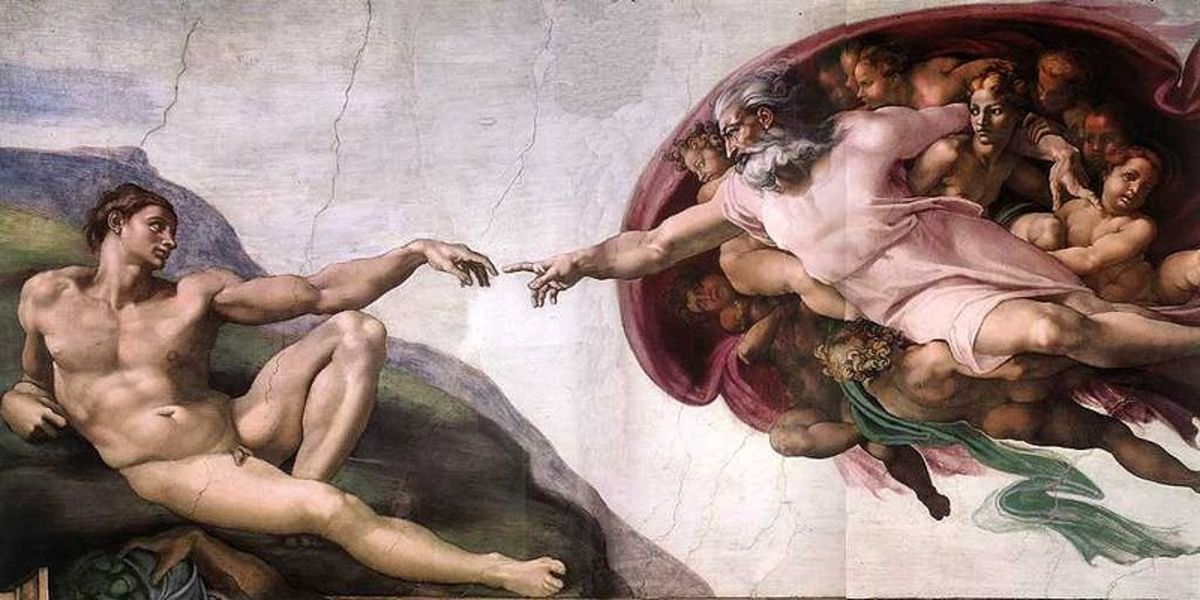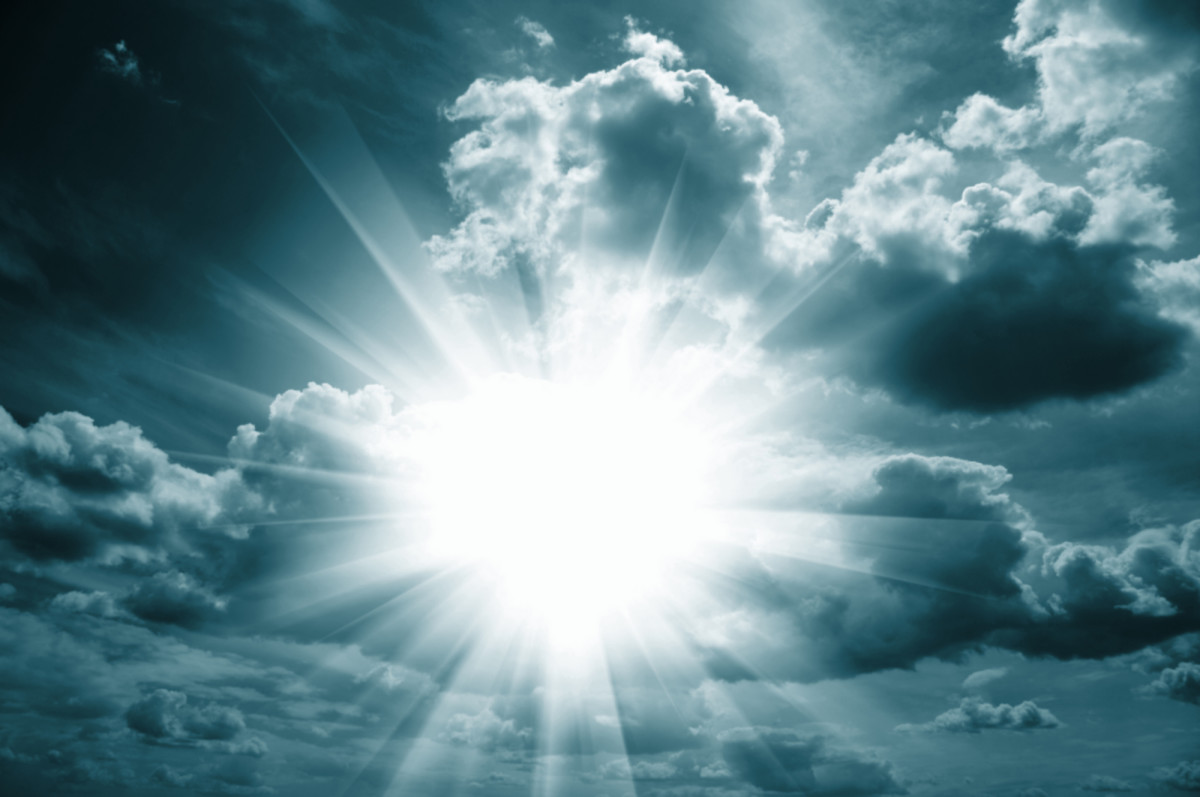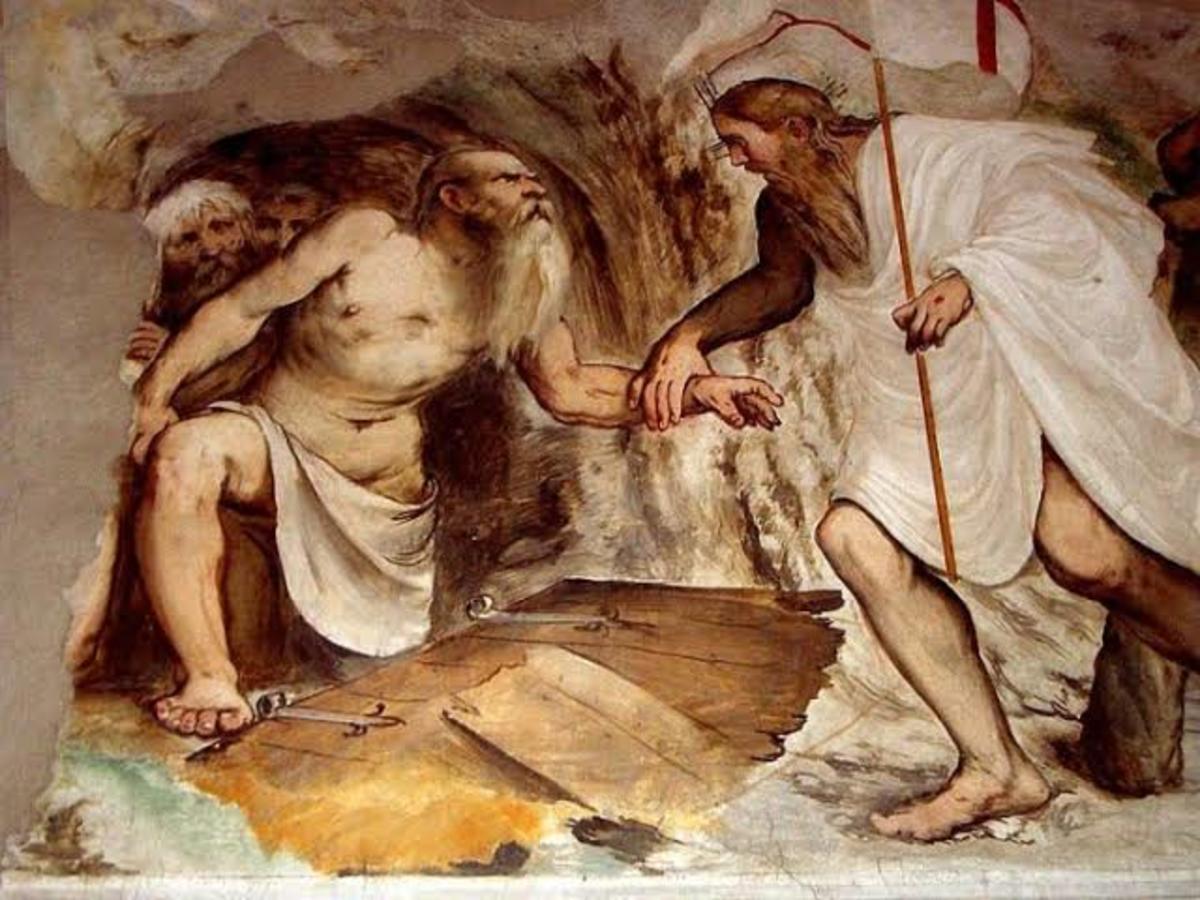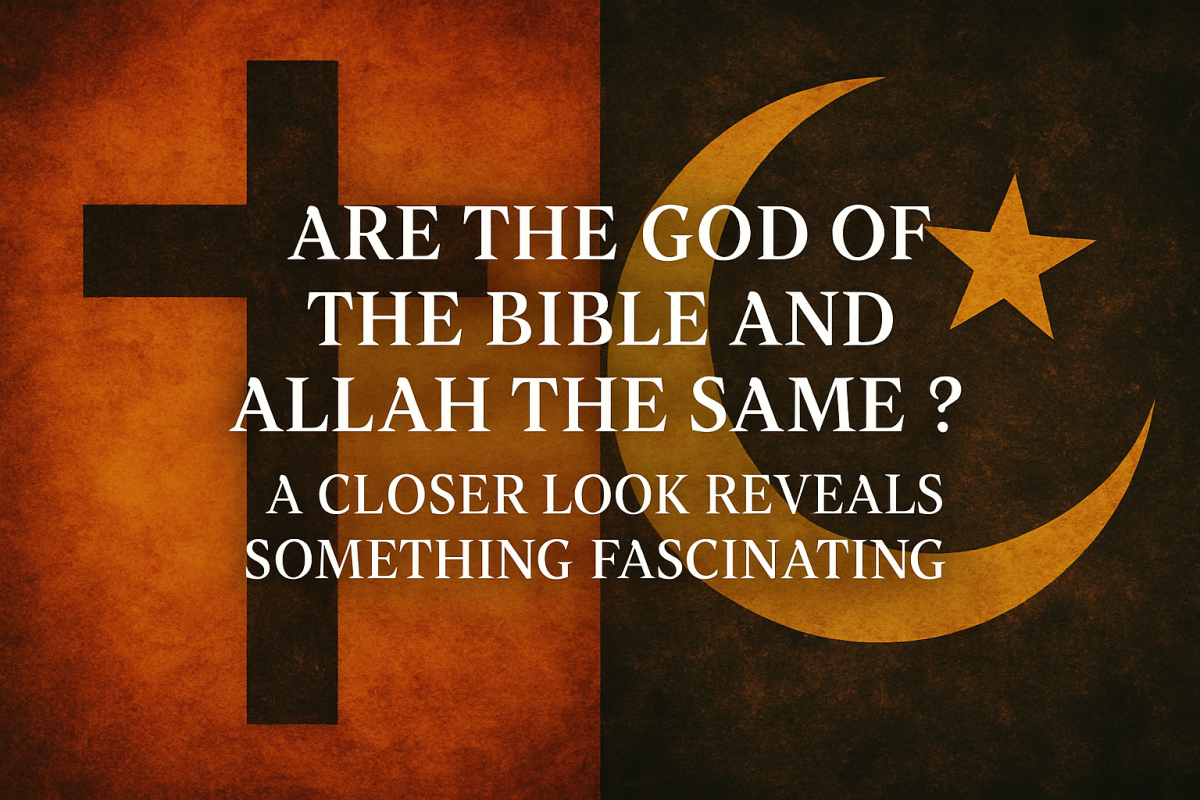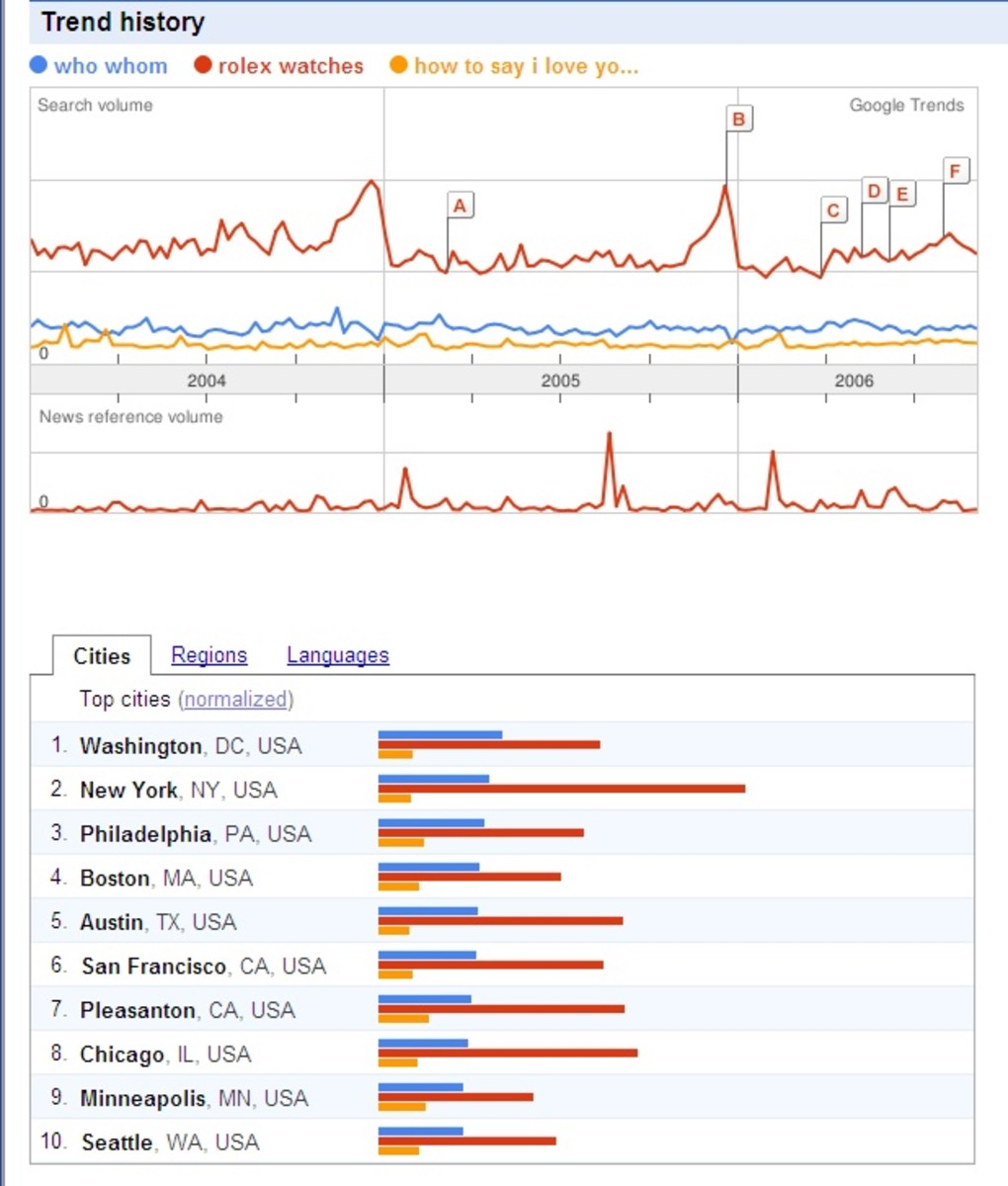What is Creation, by Definition?
This Article Was Created...
This article was created in response to Emanate Presence's question, "What is creation?" Here is a link to the original question: http://emanatepresence.hubpages.com/question/212800/what-is-creation#open
Two Vases: Destruction and Creation
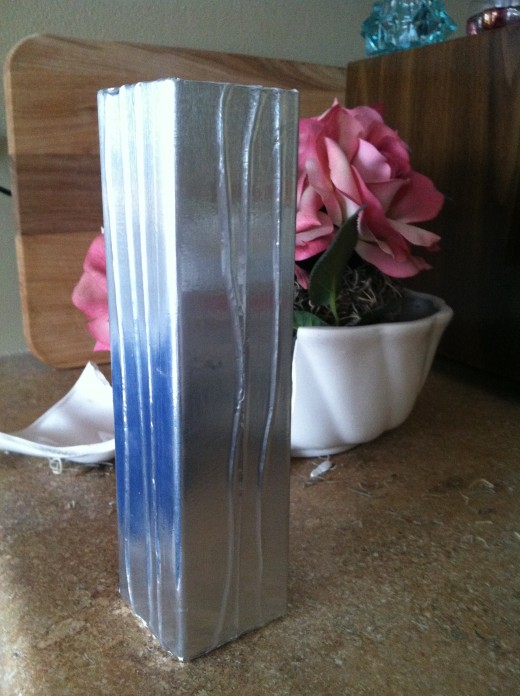
The Scope of This Article
I'm just going to answer the basic "What is creation?" question in this article, because there are too many ways of looking at it to write about them all here. Also, this definition would be true regardless of one's socio-theological beliefs, therefore going through examples of why it is true according to each belief system is unnecessary.
Creation vs. Destruction. Is that Really the Case?
Click thumbnail to view full-size

What is Creation?
"Creation" is both a process and its product. "This [pointing to an object] is my latest creation," said the artist. "My novel is still in the early stages of creation," said the author.
Creation, then, is the process or state-of-being of something that never before existed, and possibly never will again. This is true whether creation came about by willful creation, such as an artist's creation, or by happenstance creation, such as the smoothed, carved out catch basin and resulting stream/river caused by a waterfall.
So, a creation is anything that one can see, hear, taste, touch, smell, or think. In other words, either an observation, whether direct or not, or an idea or concept in one's mind.
The Process of Creation
Processes such as evolution, playing the piano, reading, erosion, or melting (of ice, butter, and so on) are also creations.
At the subatomic level, Heizenburg's Uncertainty Principle tells us that simply by observing something we have changed it.
I argue that this principle applies here, also, because, by creating something or by observing something that has been or is being created, we create a change in ourselves (at least a mental change) and/or the created object -- sometimes even the in-process creation, too.
Talking about or showing a photograph or video or other representation of a creation or the creation process to someone else creates a change in them, also, so there is a definite ripple effect at work here that can be both massive and extensive.
The Product or Result of Creation
Creation is one of my favorite concepts because it usually means "forward progress" in life or the universe (to me at least, a glass-half-full person).
For example, yesterday I turned a plain square vase into an attractive one simply by taking some old rough cotton string and taping a few pieces of it to the entire outside of the vase using aluminum tape. Creation! And, simultaneously, destruction of the original, plain vase.
The opposite scenario is also true: the other week I knocked a ceramic pot onto the floor, and it cracked and broke and is no longer usable. Also creation! Why? Because something came into being that wasn't there before: a mess for me to clean up and a need to find a comparable pot to replace the broken one.
Half Full or Half Empty?
Is your glass generally half full or half empty?
My Glass is Half Full, Despite and Because of Thermodynamics
I prefer to think in terms of creation as being a "glass-half-full", progressive sort of concept. This somewhat contradicts the second law of thermodynamics that things TEND to a more disordered state, which means that creation would, overall, TEND to be negative (in other words, destruction), and not positive. However, I don't see it that way at all. I see creation as the occurrence of ANYTHING that wasn't there before. Some examples will illustrate this point.
For example, if there is a landslide that changes the shape of a canyon wall, simultaneously there was a creation of a new canyon wall with its own shape, adding a new character to that part of the canyon. In other words, one thing was "destroyed" while simultaneously something else was created.
A classic example of the second law of thermodynamics is our expanding universe--things are TENDING toward a more disordered state. However, I view that "more disordered state" as simply a new creation unto itself. Therefore, the second law of thermodynamics does not imply chaos or destruction, simply a change: creation of a new existence, a new configuration of the items in the universe, a change for the better or for the worse but creation nonetheless.
For example, a waterfall, in my mind, satisfies both possibilities, creation and destruction, at once. River water eroded the weaker earth, rock, or sand of its original stream bed, pushing the rock aside and along with the water flow over time (generally, eons). Gradually, a dip in the river was created. Eventually, that dip became significant enough to be called a "waterfall": creation.
For More Information, Scientific or Practical, About Creating Waterfalls:
- How Does a Waterfall Work, Exactly?
The physics of a waterfall are curious. The second law of thermodynamics says that things tend toward a more disordered state. Is the second law saying that destruction (erosion) wins over creation? - How To Build A Pondless Waterfall
Ever wanted to spruce up your garden or yard with something different? Try a pondless waterfall. Here's a step by step guide to building your own pondless waterfall. Make your yard stand out!
About the Author
Information about the author, a list of her complete works on HubPages, and a means of contacting her are available over on ==>Laura Schneider's profile page. But wait--don't go there yet! Please continue scrolling down to leave ratings and any comments you have about this article so that it can be improved to best meet your needs. Thank you!
All text, photos, videos, and graphics in this document are Copyright © 2013 Laura D. Schneider unless indicated otherwise or unless in the public domain. All rights reserved. All trademarks and service marks are the property of their respective owners.

